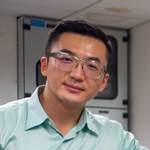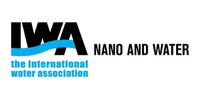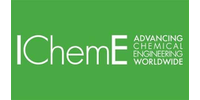Join SG MEM's upcoming webinar "Membrane Marvels: Pathway to Resource Circularity" to discover the future of industrial wastewater treatment and resource management. Our team of experts will showcase promising membrane technologies from Singapore's top IHLs and research institutions.
Agenda
14
00
-
14
10
14
10
-
14
30
Closed-loop recyclable dynamic covalent crosslinked nanofibrous membranes for efficient oil/water separation
Bofan LIIn the state-of-the-art membrane industry, membranes have linear life cycles and are commonly disposed of by landfill or incineration, sacrificing their sustainability. For the first time, by combining membrane technology and dynamic covalent chemistry, we have developed innovative strategies to make high-performance sustainable membranes for water purification, which can be closed-loop recycled after long-term usage. This study may fill in the gaps in closed-loop recycling of membranes and inspire the advancement of recyclable membranes for a sustainable and green membrane industry.
14
30
-
14
50
Anaerobic Vibrating Hydrophilic Membrane Bioreactor to Convert Wastewater to Resource
Chuansheng WANGEnergy-efficient vibrating membrane technology has increasingly grown as a competitive strategy to effectively control membrane fouling via enhancing hydrodynamic shear along the membrane surface in MBRs. Without recirculating biogas to scour the biomass sludge, vibrating membrane exerts less impact on releasing more SMP and EPS to mitigate membrane foulants. It also can reduce up to 75% energy demand of gas sparging and thus economically mitigate membrane fouling in Anaerobic membrane bioreactor (AnMBRs). This study successfully developed a novel energy-saving vibrating hydrophilic AnMBR (VHAnMBR), which not only could be operated at 20 LMH (around twice as the flux set in bench- and pilot-scale AnMBRs) with up to 88.9% COD removal efficiencies, but also impede membrane fouling for over one week without backwash.
14
50
-
15
10
Modifiable porous membrane made by polyolefin composite
Jeffer LEEProduced by specialized grade of polyolefins through a specific stretching cavitation process, highly porous polyolefin membranes are indispensable key part in many industry. This research effort incorporates customizable ceramic powder, allowing for fine-tuning of the overall membrane's hydrophilic or hydrophobic characteristics, and the addition of desired functionalities, both on the film surface and within the pore channels. Highly porous polyolefin membranes are widely used in the energy devices and filtration application, owing to their high strength, capacity for ultra-thin membrane production, efficient manufacturing, and competitive cost advantages. In response to the challenge of porous membrane’s diminishing efficiency and potential application limitation in the market, our team has employed a composite material design and a multi-step modification approach, culminating in the creation of an easy modifiable porous membrane.
15
10
-
15
30
FO Membrane for Cold Concentration for Natural Flavour
Lei SHIProf Wang Rong’s team, including Dr Shi Lei successfully invented a thin-film composite hollow fibre FO membrane Patented in Singapore, Europe and the US and receive the prestigious Alternative Water Resources Prize under the Prince Sultan Bin Abdulaziz International Prize for Water (PSIPW) in 2016. By departing from the original goal of potable water extraction, an extensive range of possible use cases unravelled, leading to the setup of Aromatec in 2018 by Prof Wang and Dr Shi as co-founders. Apart from their present focus on the concentration of high-value liquid products in the food and beverage (F&B) industry, Prof Wang and Dr Shi are also assessing use cases in the fragrances and pharmaceuticals industries – comprising even traditional Chinese medicine, as well as the boundless potential use for waste and sludge dewatering purposes, hydroponic and aquafarming systems and municipal wastewater for irrigation purposes.
15
30
-
15
50
Hydrophobic Membrane for Dissolved Gas Removal
Jincai SUA novel method for manufacturing hydrophobic hollow fiber membrane was developed. The membrane was characterized in terms of morphology and structure. Its performance for removing dissolved gases was confirmed by degassing tap water, aquaculture water, RO water, and ammonia-containing wastewater.
15
50
-
16
00
Break and Polling
Respond to a poll on which IP you are interested in and would like to discuss the IP with its respective tech owners.
16
00
-
16
20
Breakout Room Discussion
Jeffer LEE•Bofan LI•Lei SHI•Jincai SU•Chuansheng WANGBreakout room:
1- Bofan LI
2 - Chuansheng WANG
3 - Jeffer LEE
4 - Lei SHI
5 - Jincai SU
16
20
-
16
30
Speakers

Jeffer LEE
Scientist at Polymer Composite, Institute of Materials Research and Engineering, A*STAR
More Information
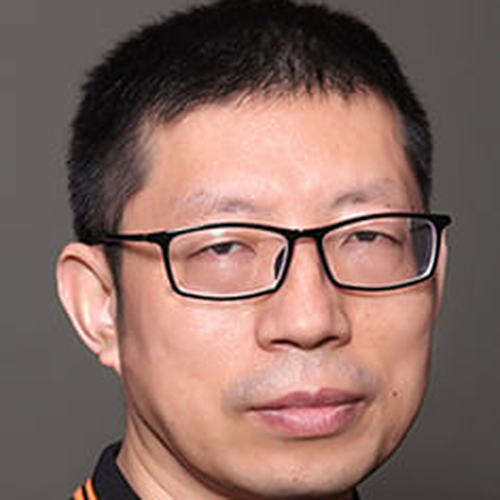
Jincai SU
Senior Lecturer at School of Life Sciences & Chemical Technology, Ngee Ann Polytechnic
More Information
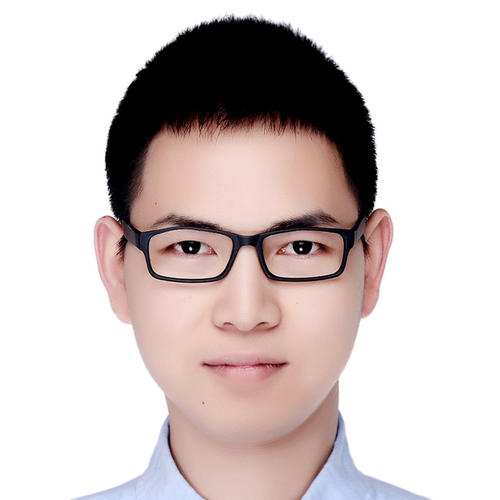
Chuansheng WANG
Research Fellow at Department of Civil and Environmental Engineering, NUS
More Information




